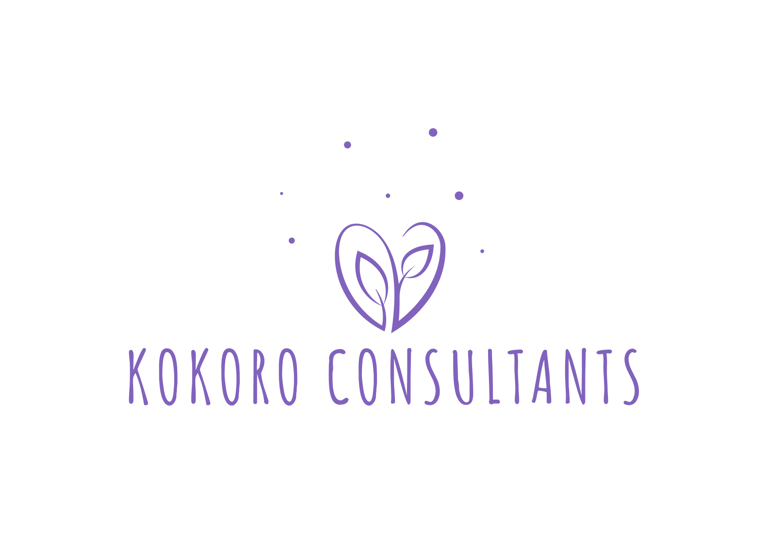Take 5! Reasons the Arts Needs HR
While Human Resources has long been a term associated with corporate America, it doesn't mean the arts community doesn't have something to take from the practices.
Jamie Joeyen-Waldorf
1/16/20242 min read
In the past, there was a common belief that pursuing one's passions and artistic dreams required sacrificing a stable and comfortable work environment. Many thought that the world of art and creativity clashed with the structured, "nine-to-five" jobs that provided financial security. However, the present era has challenged and reshaped this assumption. Today, we see that the boundaries between a fulfilling career and the pursuit of art are more flexible than they once appeared. The evolving landscape of modern times has brought about a transformation where individuals no longer face the difficult choice between a decent work environment and the pursuit of their creative passions.
In this changed landscape, people can bridge the gap between their artistic aspirations and a supportive, nurturing work environment. This shift reflects a more inclusive and accommodating approach to life's pursuits. As we delve into the reasons why the arts industry needs Human Resources (HR) professionals in their lives, it becomes clear that HR plays a pivotal role in this evolving scenario through a variety of key areas.
1. Hiring Amazing Talent: The Arts require not only exceptional artists but also skilled production staff and administrators. HR professionals excel at discovering and recruiting extraordinary talent, ensuring that each company has the best individuals for the job.
2. Including Everyone's Voices: Diversity and varied perspectives enhance the richness of artistic expression. HR professionals help create environments where everyone, regardless of their background, can actively contribute to the creative process.
3. Taking Care of Staff: Artists often face intense pressure in their work. HR personnel provide essential support, including assistance with mental health concerns and effective schedule management.
4. Following Rules and Laws: Compliance with regulations and laws is essential in the arts, just as in any other industry. HR specialists are well-versed in these requirements and ensure one must adhere to them, prioritizing safety and proper procedures.
5. Solving Problems and Maintaining Respect: Creative differences and disputes can arise in the Arts. HR professionals step in as mediators, resolving conflicts and promoting a respectful work environment. This ensures that the workplace remains a conducive space for creativity.
In essence, the arts industry depends on the people who bring it to life. HR professionals play a vital role in taking care of these individuals, ensuring that they can contribute their best to the world of art. It's a responsibility that goes beyond just managing paperwork; it's about nurturing the human element that breathes life into every production.


